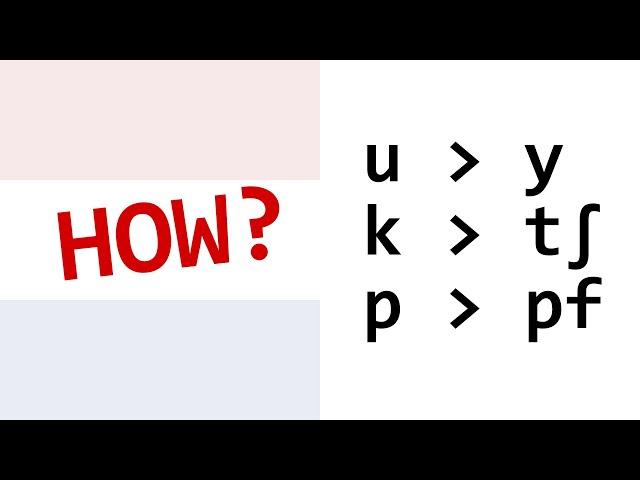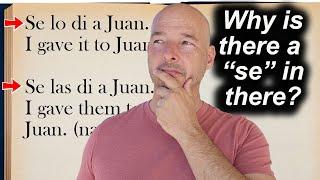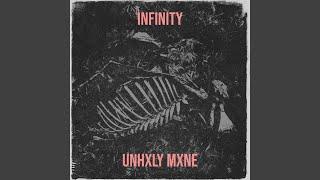Комментарии:

Poor Luxembourgish getting forgotten about 😢
Ответить
Good video
Ответить
nice video! this is such an interesting topic
Ответить
I guess, it is not "spiritant", but rather "spirant", isn't it?
Ответить
I really enjoy what you are doing.
Never learned about this in school.
Not in Germany, nor in Canada, in highschool.

guh
Ответить
Can you do a video aboit low german/low saxon?
Ответить
hi! i have a question for you. is it correct that palatalization process was already done in anglo-saxon era? or should I say in early middle english period?
another thing, was there stage in-between of palatalizing? wasnt it like k>k' and finaly t͡ʃ, the same thing with sc, sk>sk'>ʃ?

More examples would be nice.
Ответить
hvala
Ответить
This is not the most interesting thing in the development of the separation I think. I would like to know how English went from German syntax to English syntax because German syntax is much crazier (including the splitting of some verbs into two and sending them to different part of sentences). Sounds are much less of a concern when I am studying German.
Ответить
You mean ingvaenic de-nasalization 😅
Ответить
Nice! As a native speaker of English, born from a Dutch mother and Hungarian father, raised in South Africa and living in The Netherlands for over 50 years (since 1980 in Friesland) multi-lingualism has become a passion. I’m always asking ‘why’ and ‘how’ when it comes to differences and similarities in spoken languages. Thanks for your wonderful overview on the topic. For a would-be linguist without formal education and introduction to phonetics, the tempo of your presentation is rather high, but I’m sure it’s just right for professionals. Your spoken examples work fine for me. Big thanks! Hartelijk dank, baie dankie, tige dank, kösszönöm szépen!😊
Ответить
Can you recommend any books covering these historical phonological changes in more detail?
Ответить
Köszönöm, Popocatap, not *kösszönöm.
Ответить
/kx/ only really appears in the Tirolese dialects of Austro-Bavarian, and possibly in some minority dialects further South that are usually classified as their own languages (Mocheno, Cimbrian..), but i know fairly little about those.
Ответить
A lot of really interesting information here.
Ответить
you should also sate why these changes happened. Primarily they have to do with voiced & unvoiced consonants.
Ответить
Wonderful video, thank you!
Ответить


























